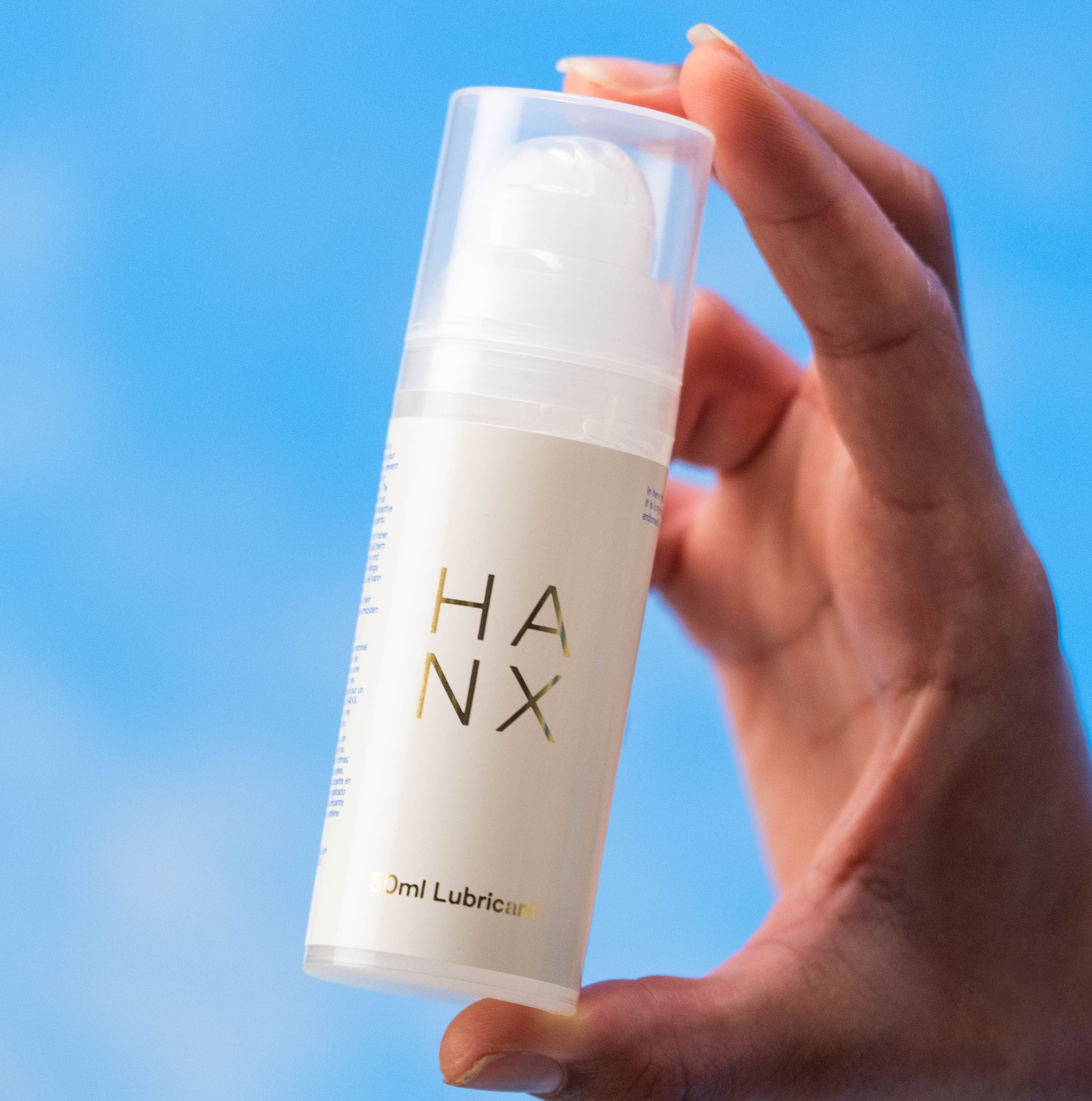How To Have The “I-Have-An-STI” Conversation
Heard about the trend no-one wants to follow? Right now, the US is reporting a concerning surge in the sexually transmitted disease syphilis, which worryingly includes congenital syphilis (where the infection is passed onto babies during pregnancy). As for the UK? Gonorrhoea and syphilis are making a stronger comeback than low rise jeans and tiny handbags for the TikTok girlies.
Whilst STIs are an occasional occupational hazard of living a sexually adventurous life, it's important to be aware of the rising numbers of infections out there, the precautions you can take to look after yourself and your partner/s - and what to do if something less-than-fun pops up afterwards.
No, it's never fun to find out that you have a sexually transmitted infection – and there’s a huge amount of stigma around having the conversation. Ever heard someone refer to themselves as “clean” when asked about their sexual health status? Having chlamydia, gonorrhoea or HPV isn’t a moral failing, but much of the language around these infections perpetuates the idea that sex is shameful, and having STIs makes you ‘dirty’, ‘slutty’ or ‘bad’. We surveyed thousands of sex-havers, and less than 50% felt comfortable telling others that they’ve been treated for an STI. It's clear: we need to tackle this taboo.
What really matters is taking care of your health, and how you tell people you’ve tested positive to empower them take care of their health, too. So, what do you do if you find out you’re part of the STI club? Henn Mossery-Golan shares their advice…
What to do if you test positive for an STI
Spotted some funky symptoms (small bumps on your vulva/penis, unusual discharge, pain during sex or peeing) and got it checked out? Caught a symptomless case at a regular checkup? Welcome the STI Club. First, make sure you take up care to treat your STI. Next, it’s time to make sure your partner/s are aware. Our co-founder Dr Sarah Welsh, who spent years working in NHS sexual health clinics, explains:
“It's important to proactively share your STI status with your partners generally. You’re not only helping them protect themselves, but practising great sexual manners that put you in good stead for when the conversation is a little trickier. It might feel awkward, or not such a big deal if you aren’t experiencing any symptoms, but remember that if left untreated, some STIs can cause infertility, pelvic inflammatory disease or further medical complications.”
Had a positive test and need to update your latest partner/s? Think about what you want to say and what they really need to know. If you’re nervous, have a test run with a friend first. Sometimes saying it out loud rather than playing it over and over in your head can summon the confidence you need before laying it bare for real. Here are our top tips:
- Plan how to deliver the news
40% of us prefer to tell a partner about an STI diagnosis in person. However, if you don’t feel comfortable or safe to do so, you can inform them via text, over the phone, or utilise the anonymous services of your sexual health clinic to do so. Consider your relationship to the person you’re informing. If you’re in a committed, monogamous longterm situation, it’s probably best to have a sit-down chat. If you’re playing the field or practicing ethical non-monogamy, that might allow for a less face-to-face approach.
- Be direct
Don’t beat around the bush (as it were). Be clear and focus mainly on the facts to avoid misunderstandings - your aim is to inform and encourage them to get tested. They might be upset, worried or angry, so be prepared for judgement in the heat of the moment. Be clear on your personal boundaries, too. If you don’t want to talk about how/where/who is involved, you don’t need to share any additional details.
- Be responsive, not defensive.
Speaking about sex can feel vulnerable at the best of times, but it’s important to be confident when communicating your news. Your partner might feel nervous about getting tested themselves, so aim to proactively support and guide them through the next steps if they need it. If you used an at-home STI test, you could share the link so they know exactly where to order their own online. Your open attitude will help inform their own response.
- What comes next?
Use this moment of openness to discuss what you can do to prevent getting or spreading STIs again. Packing protection is key: condoms and dental dams are both easy to carry and very effective when used correctly. Top tip: if you’re bringing lube into the equation, make sure to use a water-based formula as oil can degrade latex, leaving you open to STIs and/or pregnancy.
We know it can be scary or difficult to approach this topic with former partners, but we hope this guide has been helpful and you feel comfortable taking your next steps.
Want more?
- Which celebrities have had STIs? Find out why public figures talking openly about STIs can help reduce stigma.
- Rates of STIs are rising fastest in 65+ folk - and we're taking a stand. Welcome the Hornicultural Society.
- Shop our doctor-designed, FDA-approved, sensitive Condoms.






















